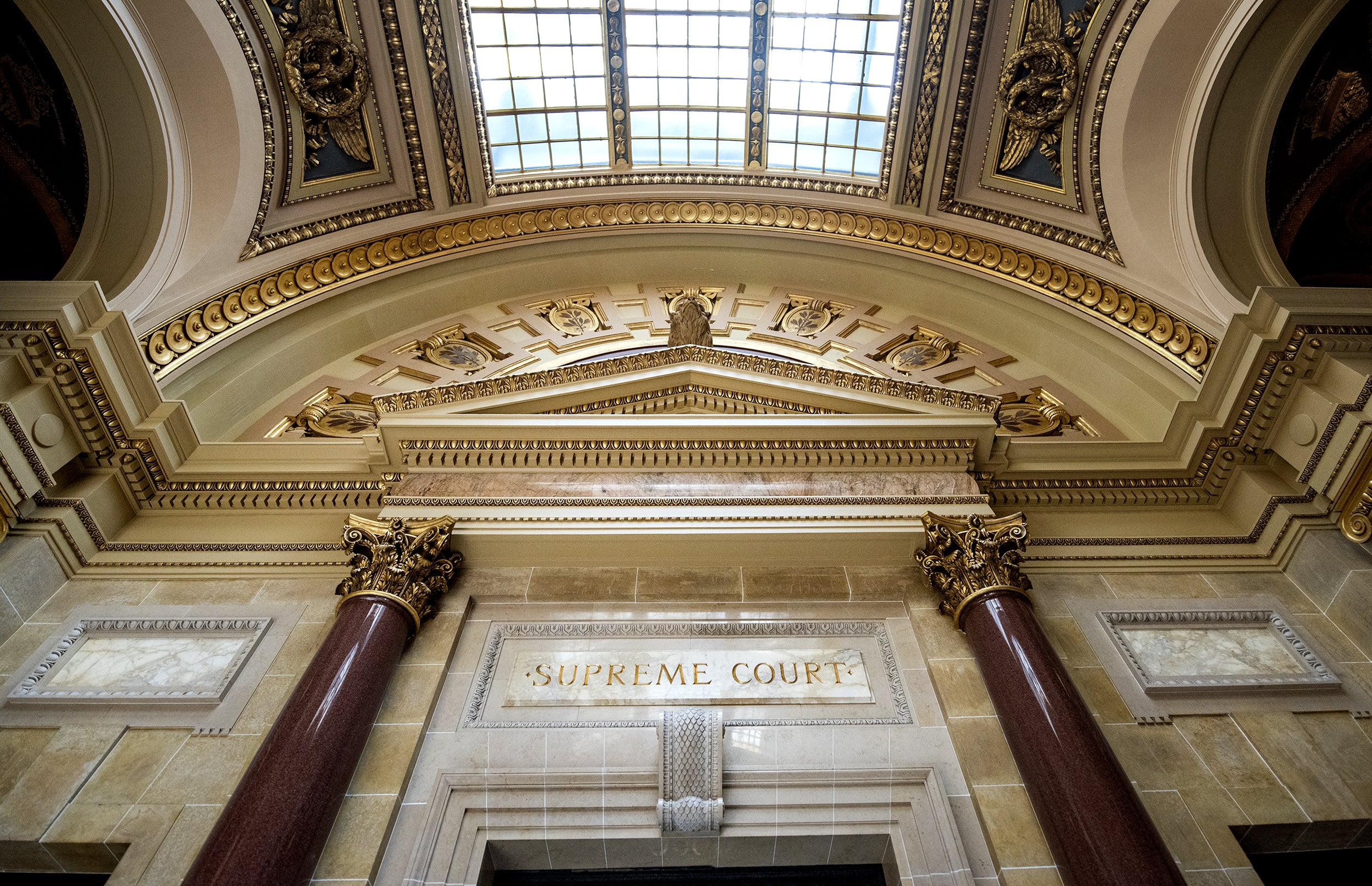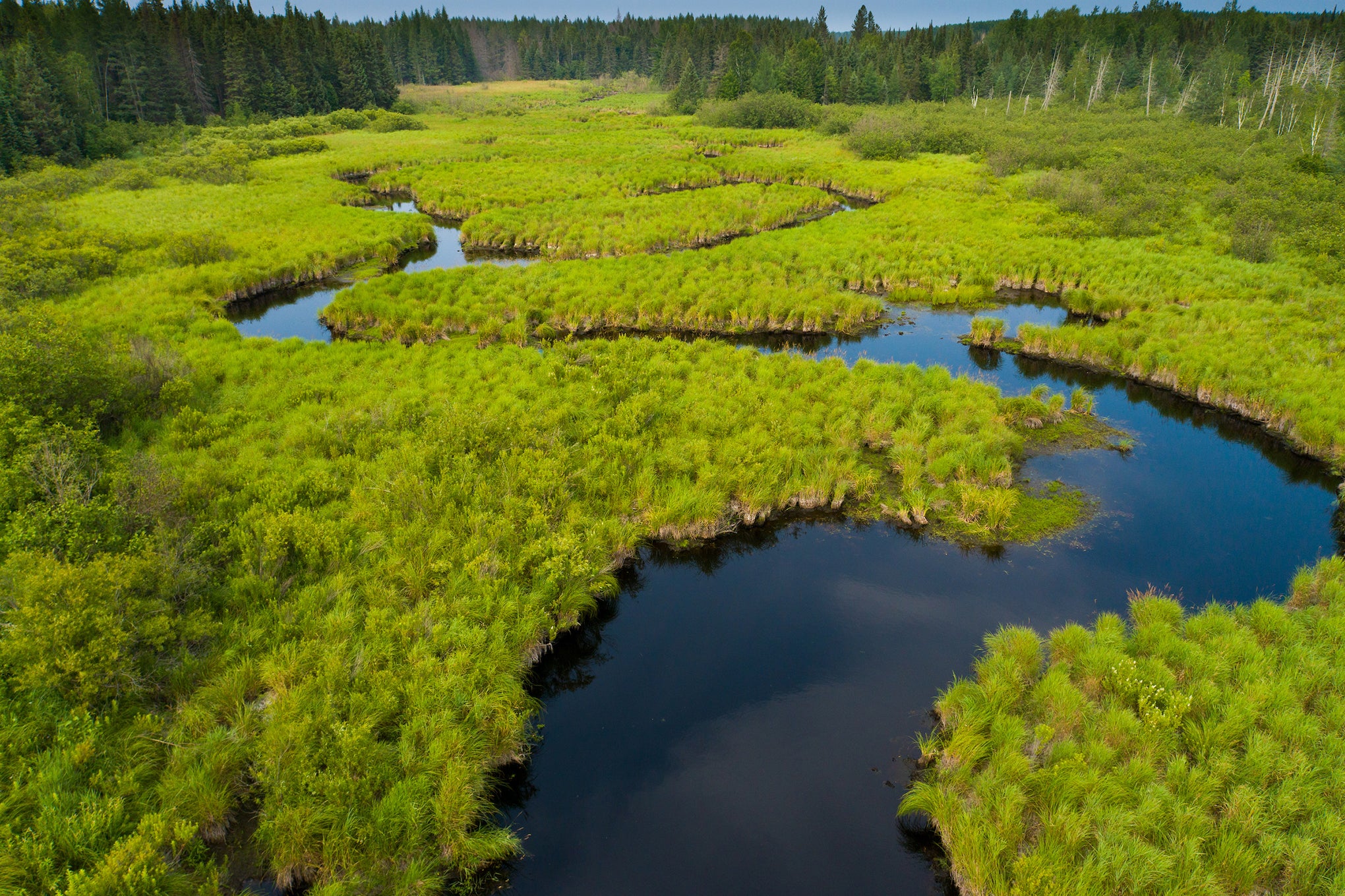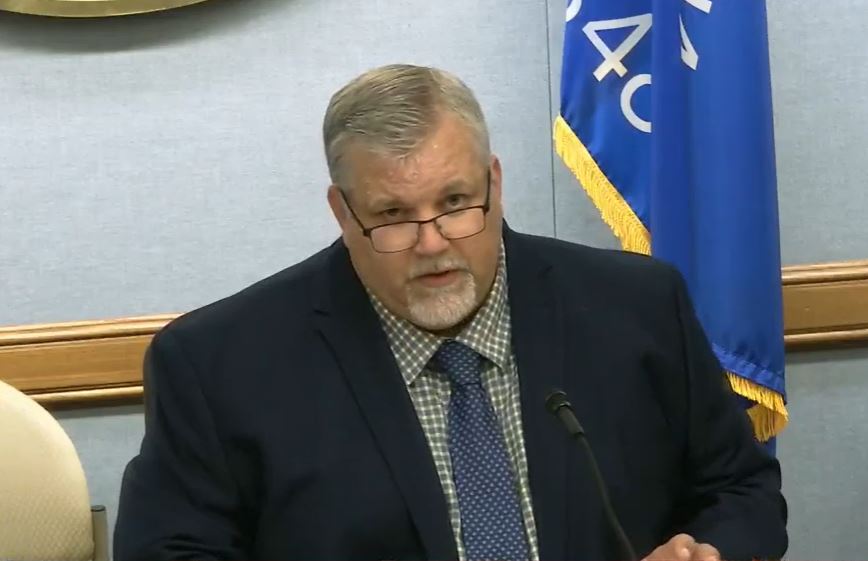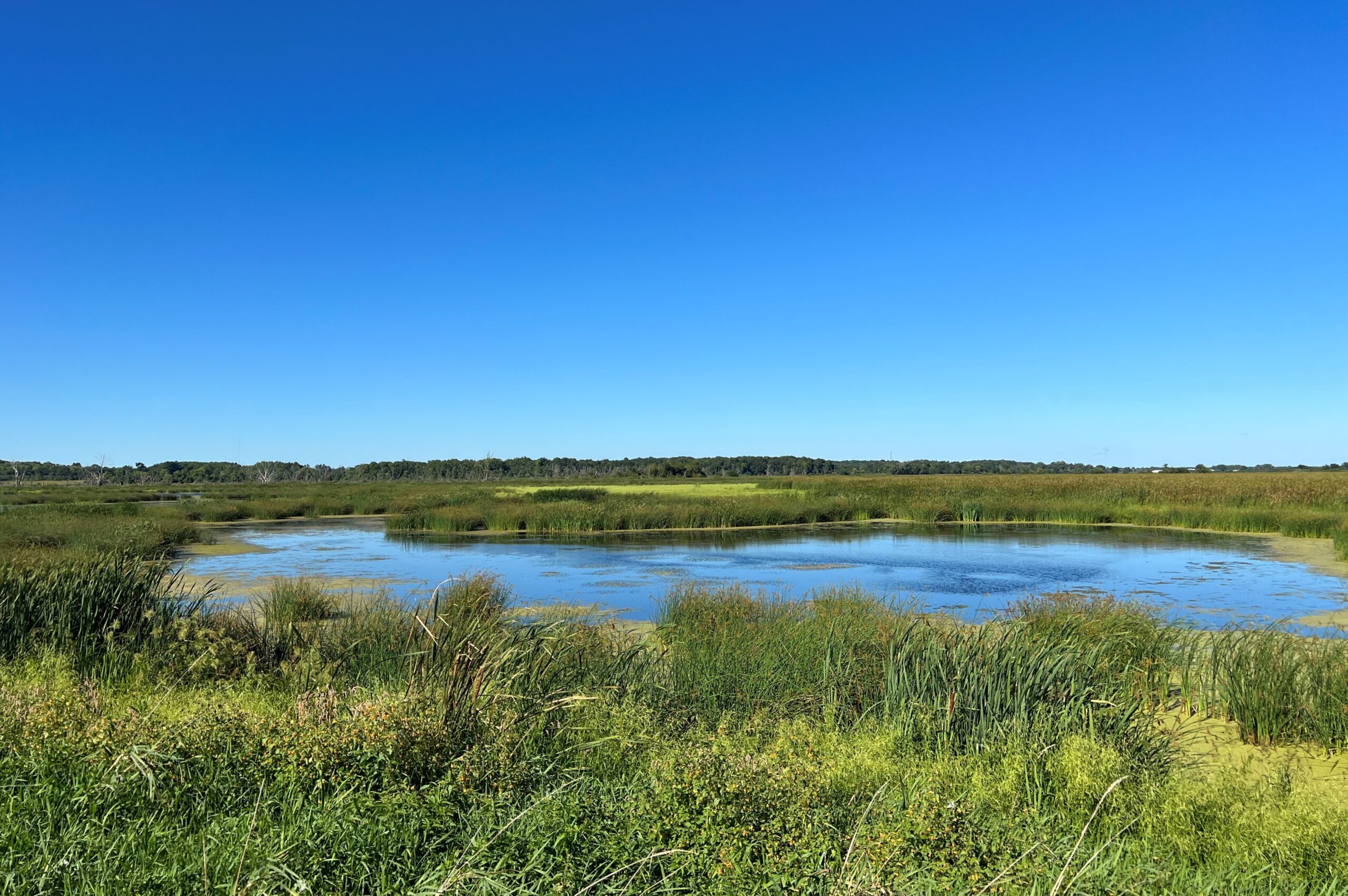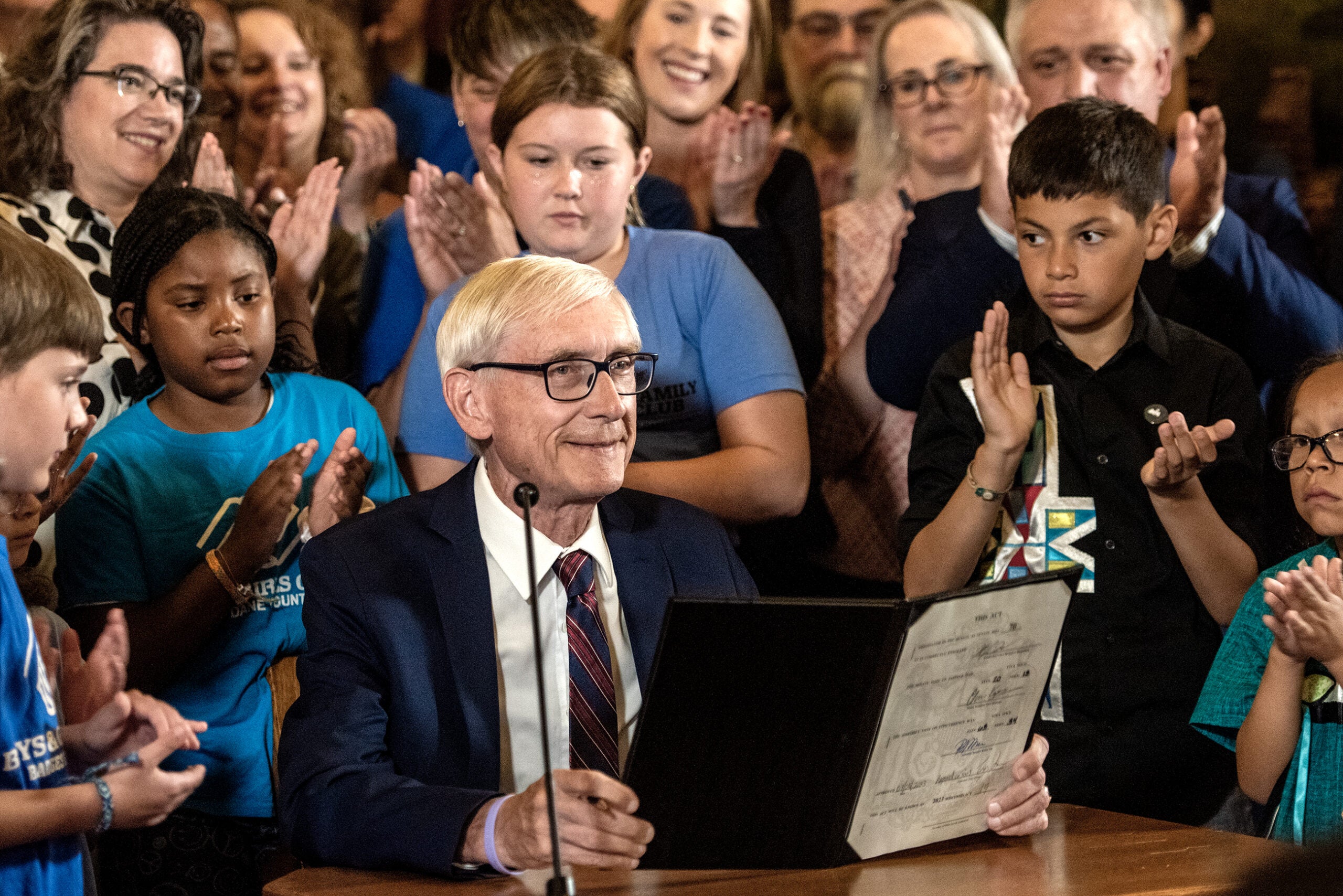Republican lawmakers questioned the Deparment of Natural Resources yesterday about whether the state could afford the ongoing costs of Wisconsin’s Stewardship program. Governor Walker’s DNR Secrerary took a pass on answering them.
Wisconsin created the Stewardship program to buy up and preserve natural areas and wildlife habitat. Since the mid ’90s, the DNR told lawmakers more than $930 million in bonding has been authorized to pay for Stewardship land purchases.
It’s the debt service, or repayment of that borrowing, that has long bothered some Republicans. Those payments now total about $81 million a year. Cascade Assembly Republican Daniel LeMahieu was among a few GOP lawmakers who asked DNR Secretary Cathy Stepp how much was too much at a meeting of the legislature’s budget committee.
Stay informed on the latest news
Sign up for WPR’s email newsletter.
“At some point we do need to say ‘How much can we handle, how much can we plan, how much can we manage?’”
Stepp, a former Republican Senator who at the time was an outspoken critic of the DNR, told lawmakers it was up to them to decide how much her agency should spend on Stewardship.
“Ultimately, those decisions are made by the legislature. It’s the legislature who decides what the will of the people should be as far as purchases of public land with the good faith and credit of the Wisconsin taxpayer.”
During the last legislative session, Republicans reduced the amount the state could bond for Stewardship purchases; this budget would reduce it further. The budget would also spend Stewardship money on developing existing Stewardship land. That includes developing a fish hatchery, adding electrical service to campsites, and for some sites, adding parking lots.
The DNR says Wisconsin trails neighboring Minnesota and Michigan in its percentage of publicly owned land. In Wisconsin, counties and the federal government have larger land holdings than the state.
Wisconsin Public Radio, © Copyright 2024, Board of Regents of the University of Wisconsin System and Wisconsin Educational Communications Board.


